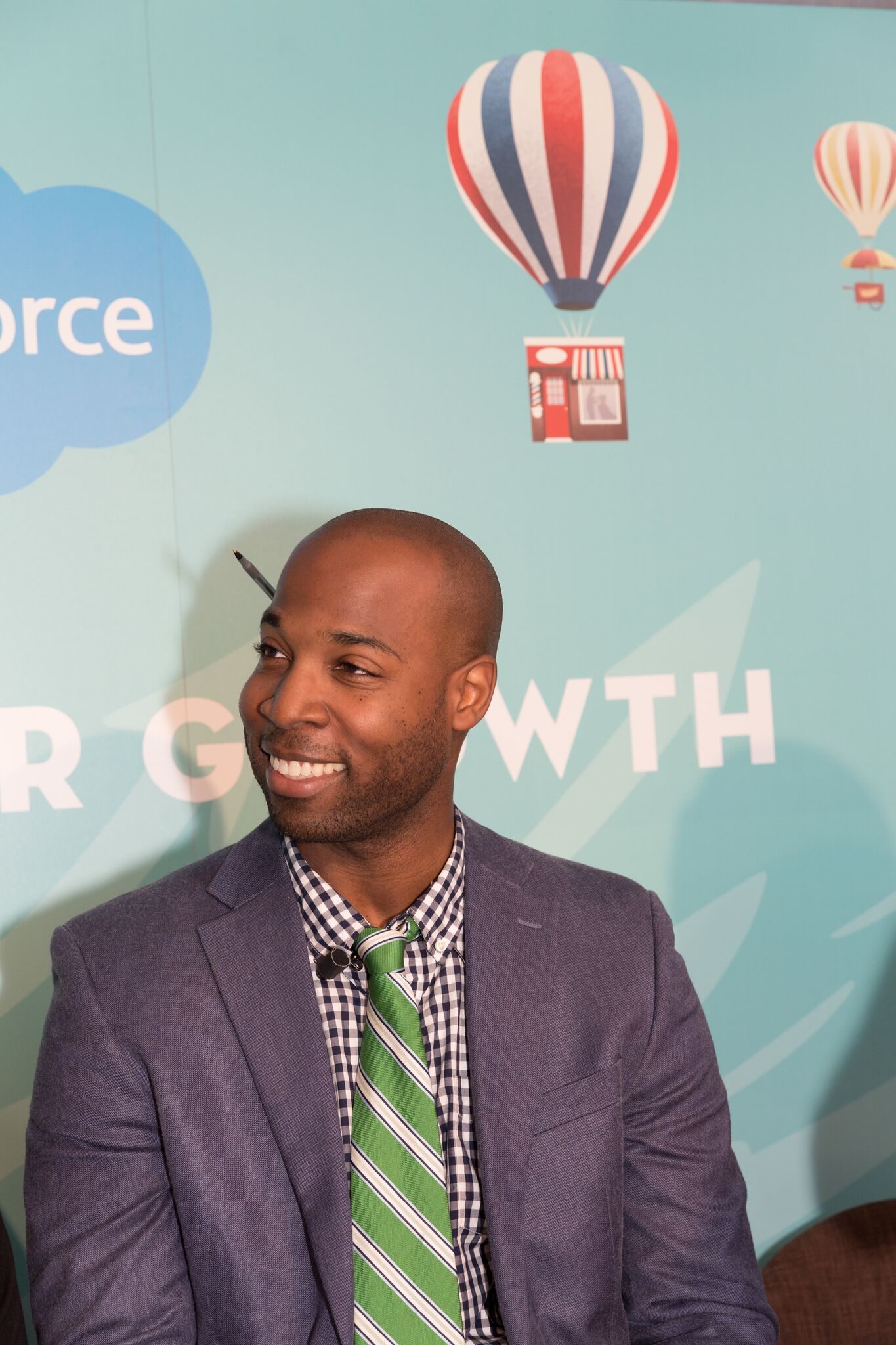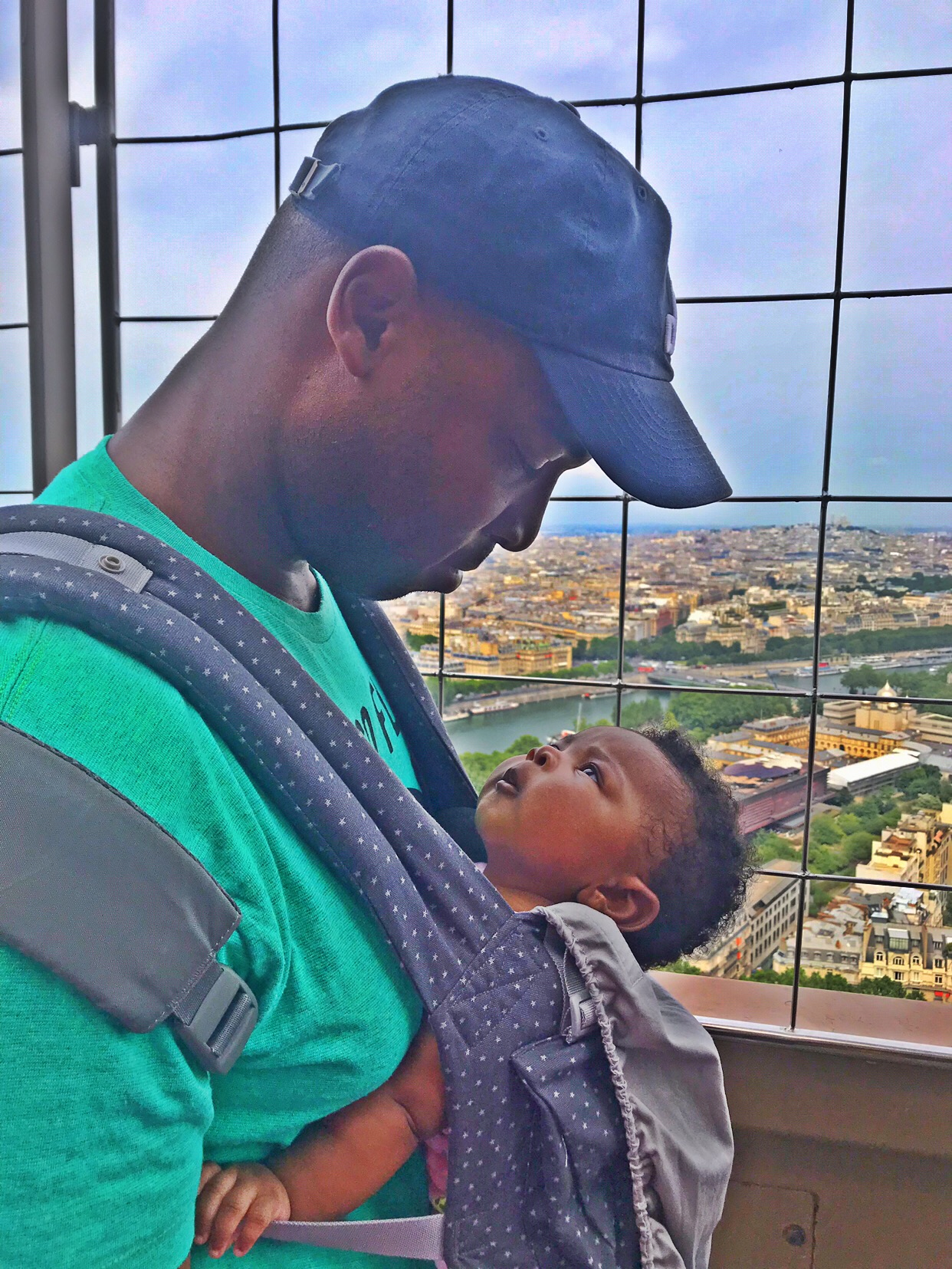I’ve worked at fairly progressive organizations my whole career, yet I had only received two weeks with each child, up until now.
Earlier this year, we welcomed our third daughter to the world. And for the first time as a father, I had the opportunity to spend more than just a short two weeks of fully paid parental leave. I actually received 18 weeks of fully paid parental leave at Uber. To say this experience is different would be the understatement of the year. I choose to break up my leave into two nine-week portions so that I could be home to help and intend to use the second nine-week portion to stay at home when my wife fully returns to work.
I can recall when our first two girls were born, the two weeks just flew by, leaving me with very little time to bond with my daughters and it impaired my ability to help my wife with her recovery from her c-section. Two weeks was not nearly enough time and I’m grateful that this go around, I have had the time to truly engage with our new baby, my wife and our daughters.
As a parent, a new child can be overwhelming as you adjust to your life of plus one (or more). You need the time to acclimate, gain your bearings, and get used to a life of dirty diapers, night feedings and sleep deprivation.
As I reflect, the most wonderful aspect of parental leave this time is that I actually get to see the milestones and I can personally marvel at her first smile, her first laugh and a whole host of other firsts. Before, those joyous firsts were relegated to the daycare staff and I’d only get to experience them as ‘secondhand firsts’.
In retrospect, I would say I was robbed of those blessed moments because I had to rush back to work. Parental leave at Uber has allowed me to truly slow down for a few moments, disconnect and has enabled me to enjoy fatherhood in a way I hadn’t previously experienced.
However, I must admit, I was scared to be out of office that long and wondered would being out be detrimental to my career. I also felt a sense of unease at being less than dispensable to my team but the reality is, the company will be just fine and many braver souls than I have taken leave. And, most importantly, my family is too important to short change.
“As a former Chief Diversity and Human Resources Officer, I am all too aware of the insurmountable challenges mothers face when they go back to work —often returning to a new team, a changed environment, different role and a heap of expectations as well as preconceived notions to boot. Outside of the personal fulfillment I was able to enjoy by taking parental leave, I’m also acutely aware that as a man, it’s important to take leave because maybe it will encourage other dads to take parental leave too.”
Countless women do and come back to work facing quite often an uphill battle as they re-acclimatize to the work environment. If more men take parental leave, it’s not just good to do, it promotes more equality in the workplace.
Uber unveiled its 18 week parental leave policy on December 2018 which was perfect given the timing of our new arrival. The policy, was the brainchild of Parents@Uber, one of our 12 Employee Resource Groups. The parental leave policy has by far and away been the best employee benefit I’ve ever enjoyed. The Parents ERG saw a need and put forth a global solution that benefited all parents at Uber.
It’s important for organizations to create a culture where both mothers and fathers have benefits that take into account the shared parental responsibilities and recognize that parenting is a team sport. On a personal note, it’s especially nice when you have a manager and company leaders who not only encourage but support you to take the full leave.
Furthermore, progressive parental policies like that of Uber help us shift to a “caregiver inclusive culture,” where caregivers know they are supported, not penalized for parenthood and their respective caregiver responsibilities.
Studies show that most men, if offered parental leave, would take it. Further, the data shows that the more men utilize parental leave, the less stigma is experienced with parenting responsibilities — ultimately making it easier to take parental leave and avoid the ‘motherhood penalty’ that women face.
Important Facts
- According to the Expecting More Than a Baby: Closing the Employee Experience Gap for Working Parents study, working women in the U.S. reported taking only 52 percent of available family leave in 2018, and working men reported taking even less: 32 percent.
- The Department of Labor Policy Brief, Paternity Leave —Why Parental Leave For Fathers Is So Important For Working Families reported that, nine out of 10 U.S. fathers take some time off work for the birth or adoption of a child, seventy percent of fathers take ten days of leave or less.
- The DOL Policy Brief also showed that, when fathers are more engaged with their children, their children have better developmental outcomes. This includes fewer behavioral problems and improved cognitive and mental health outcomes
I felt compelled to write this, not for Uber, but as a father and husband. I’d encourage all men to take their parental leave (whether it’s two weeks or 26 weeks) and enjoy the time because these precious moments will never be had again. Believe me, it’s the best thing you can do for yourself and your family.
#takeparentalleave


